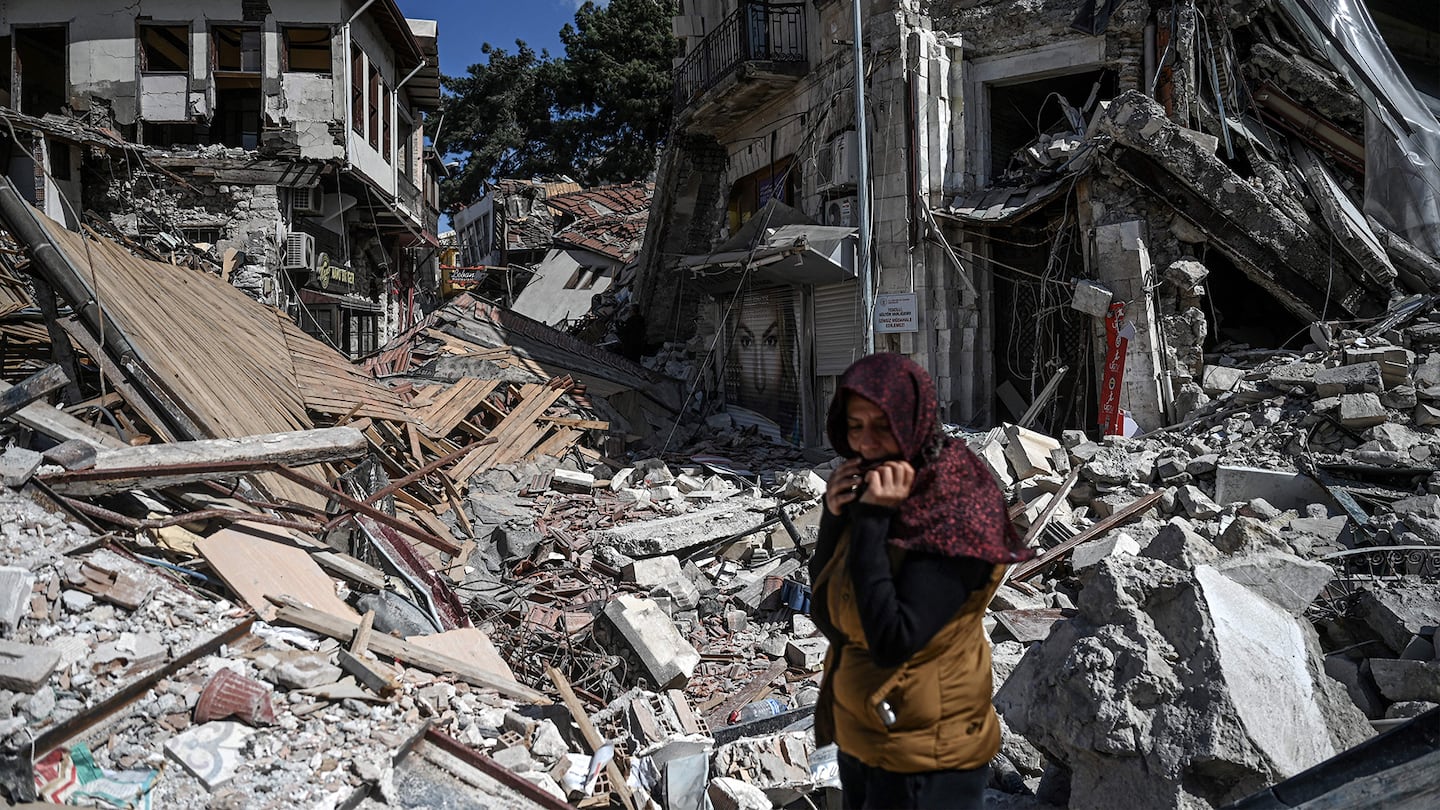
The Business of Fashion
Agenda-setting intelligence, analysis and advice for the global fashion community.

Agenda-setting intelligence, analysis and advice for the global fashion community.

The Pay Your Workers coalition said international brands should commit to pay suppliers on time, take steps to address wage theft and make sure factories don’t reopen until they are safe.
The call to action comes nearly two months after devastating earthquakes that killed more than 50,000 people in northern Syria and southeast Turkey, a region with a sizeable apparel and textile manufacturing sector.
Brands including Zara-owner Inditex, Boohoo and Primark all source from the affected region, according to Pay Your Workers, a coalition made up of more than 280 unions and labour rights organisations around the world.
The organisation said many factories have reopened “recklessly soon” and raised concerns that workers could face layoffs or reduced wages if businesses aren’t able to keep to production schedules because of the disaster.
ADVERTISEMENT
Learn more:
Turkish Fashion Manufacturers in Earthquake-Affected Areas Resume Production
Garment factories in the cities of Malatya, Elazıg and Sanliurfa are running again and the impact on textile mills in Kahramanmaras and Adiyaman is now ‘minor’, according to the Turkish Clothing Manufacturers Association.
The fashion industry continues to advance voluntary and unlikely solutions to its plastic problem. Only higher prices will flip the script, writes Kenneth P. Pucker.
The outerwear company is set to start selling wetsuits made in part by harvesting materials from old ones.
Companies like Hermès, Kering and LVMH say they have spent millions to ensure they are sourcing crocodile and snakeskin leathers responsibly. But critics say incidents like the recent smuggling conviction of designer Nancy Gonzalez show loopholes persist despite tightening controls.
Europe’s Parliament has signed off rules that will make brands more accountable for what happens in their supply chains, ban products made with forced labour and set new environmental standards for the design and disposal of products.